Starting a business is hard enough. Even harder, for some young entrepreneurs, may be talking to people about their business and how it works.
How can you set up your child or your student for success in not only explaining what their business is all about but also in confidently pitching its merits? Here are four things for young entrepreneurs to think about before getting started and four tips to helping them prepare to pitch their businesses.
Four things young entrepreneurs should think about before getting started:
- Know your audience. A good pitch isn’t “one size fits all.” Pitches should be adjusted to relate to your target audience; a senior citizen and a teenager should not get the same pitch.
- Know your niche. The first question listeners are likely to want to know is, “What problem could this product solve in my life?” Or they could ask this variation: “What service are you providing that your competitors aren’t?” Your pitch should have the answers.
- Know your problems. If there are potential problems with your product or hiccups in your service, make sure you know those intimately. You should be prepared in advance to address any concerns a potential customer may have.
- Know the details. Basic questions like “What is your price?” or “How can we reach you?” can go a long way towards making customers feel assured that your business is organized and can be trusted. Pack a stack of business cards as well, to show that you’re serious.
Once your young entrepreneur has thought through answers to those questions, it’s time to prepare the pitch.
Four tips for preparing a pitch:
1. Encourage them to be brief.
No one wants to listen to a 10-minute description of a business (though there may be occasion for that, such as when giving a formal presentation to potential investors.) But budding entrepreneurs should have what is known as an “elevator pitch” to explain to people who may have an interest in your business in some way.
Entrepreneurs may not know how someone can help them — and they may never find out if they take too much time to explain their business and the person they are talking to does not have time to listen. In the initial contact (e.g., when meeting someone on a short elevator ride), it’s best to keep it brief. (This brochure from the Princeton University Center for Career Development gives a good summary of elements that should be included in an elevator pitch.)
You might also want to work on slightly longer pitches — perhaps 3-5 minutes — for situations when the young entrepreneur has a little more time (e.g. on an airplane ride).
2. Encourage them to share an interesting story.
At the end of the day, anyone who decides to help a young entrepreneur is deciding to help out a person. A sound business model or creative idea is great but all plans have to be executed well to be successful. Young entrepreneurs must show that they have enough competence and/or enthusiasm (or enough help) to make plans a reality.
Young entrepreneurs should tell their story — how did they get started? Why were they attracted to this idea? What lessons have they learned? If people can see a young entrepreneur’s passion, creativity and drive (or other good qualities), they are more likely to support them.
3. Be clear.
Help your student create a focused business pitch. Every sentence in this presentation should have a specific purpose that helps convince the listener(s) to become involved with the business as a customer, investor, or other type of supporter.
4. Describe how the business works.
Be sure that your student’s audience walks away knowing exactly what the business does. A business pitch should clearly explain the following:
- What product or service do you offer?
- What makes this business idea stand out from similar businesses?
- Who is the business’ ideal customer?
- How will the business find customers?
- How does the business make money?
Final Thoughts on Helping Kids Prepare Their Business Pitch
Helping a student prepare their business pitch can help students build much-needed skills such as communication, teamwork, creativity, and problem-solving skills.
Preparing a pitch can be a great, engaging lesson for students of all learning styles (auditory, visual, reading/writing, etc.). Use these tips to help your child or student succeed in business now and in the future.








